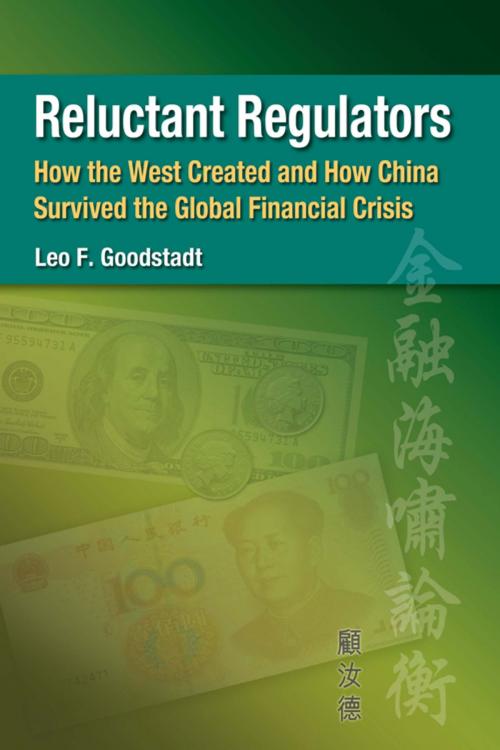| Author: | Hong Kong University Press | ISBN: | 9789882206489 |
| Publisher: | Hong Kong University Press | Publication: | December 15, 2009 |
| Imprint: | Language: | English |
| Author: | Hong Kong University Press |
| ISBN: | 9789882206489 |
| Publisher: | Hong Kong University Press |
| Publication: | December 15, 2009 |
| Imprint: | |
| Language: | English |
The 2007-09 global financial crisis was predictable and avoidable but American and British regulators chose not to intervene. They failed to enforce legislation or implement their own policies because of an Anglo-American “regulatory culture” of non-intervention that came to dominate financial regulation worldwide. Hong Kong — the international financial centre of an increasingly prosperous China — defied world opinion and made stability its priority, even where that meant extensive government intervention. This policy ensured Hong Kong’s robust performance during the 1997-8 Asian financial crisis and the latest global crisis. More significantly, it made possible Hong Kong’s impressive contributions to financing China’s economic take-off and to the modernization of its financial institutions. Reluctant Regulators is a scathing indictment of regulatory inertia in the West. It provides important and original insights into the causes of financial crises and pays special attention to China’s attempts at reform and Hong Kong’s place in China’s financial modernization. The book will be of interest to professionals in financial services, to policy-makers, and to scholars and students in economics, political science and economic history.
The 2007-09 global financial crisis was predictable and avoidable but American and British regulators chose not to intervene. They failed to enforce legislation or implement their own policies because of an Anglo-American “regulatory culture” of non-intervention that came to dominate financial regulation worldwide. Hong Kong — the international financial centre of an increasingly prosperous China — defied world opinion and made stability its priority, even where that meant extensive government intervention. This policy ensured Hong Kong’s robust performance during the 1997-8 Asian financial crisis and the latest global crisis. More significantly, it made possible Hong Kong’s impressive contributions to financing China’s economic take-off and to the modernization of its financial institutions. Reluctant Regulators is a scathing indictment of regulatory inertia in the West. It provides important and original insights into the causes of financial crises and pays special attention to China’s attempts at reform and Hong Kong’s place in China’s financial modernization. The book will be of interest to professionals in financial services, to policy-makers, and to scholars and students in economics, political science and economic history.















